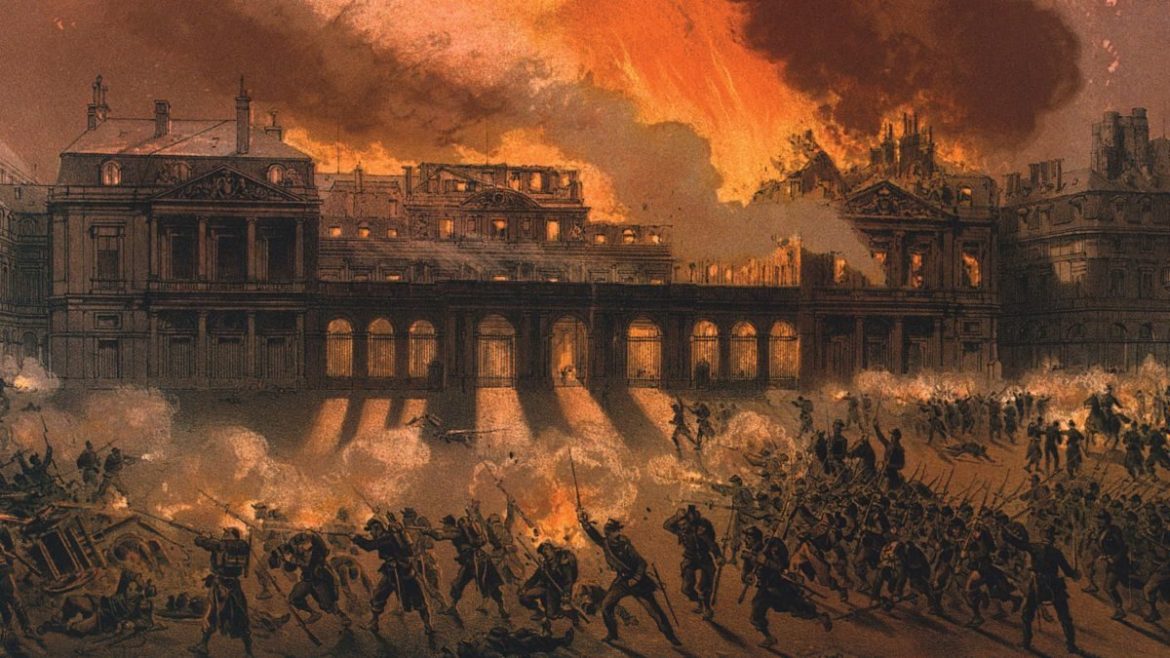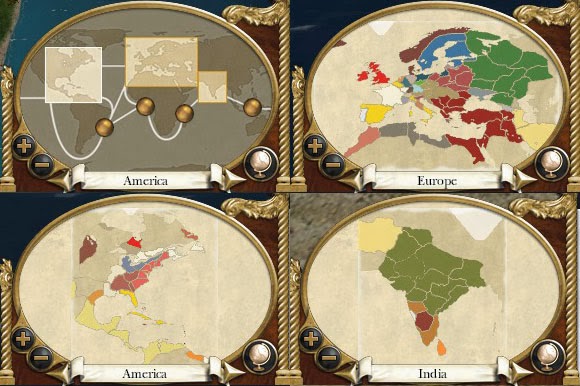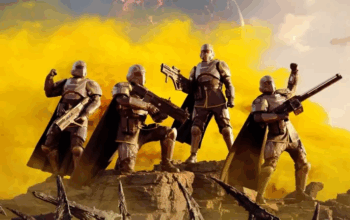This series of articles explores our ideas for the next era that should be explored in Creative Assembly’s Total War franchise.
Overview and Scope
Setting: 1837-1901 – The Colonized Globe
Empire: Total War is considered by many to be the worst in the official lineup because it cut back on a lot of features from the epic speeches before a battle, to a dull soundtrack. It is however not without potential as it was the first to feature a technology tree and Naval Battles.
This time period with just muskets and gunpowder doesn’t have as much appeal among historic game fans. However, apply these new weapons with the challenges of industrialization and there’s real potential for something epic with this moment in time.
New Technology, New World, New Problems…
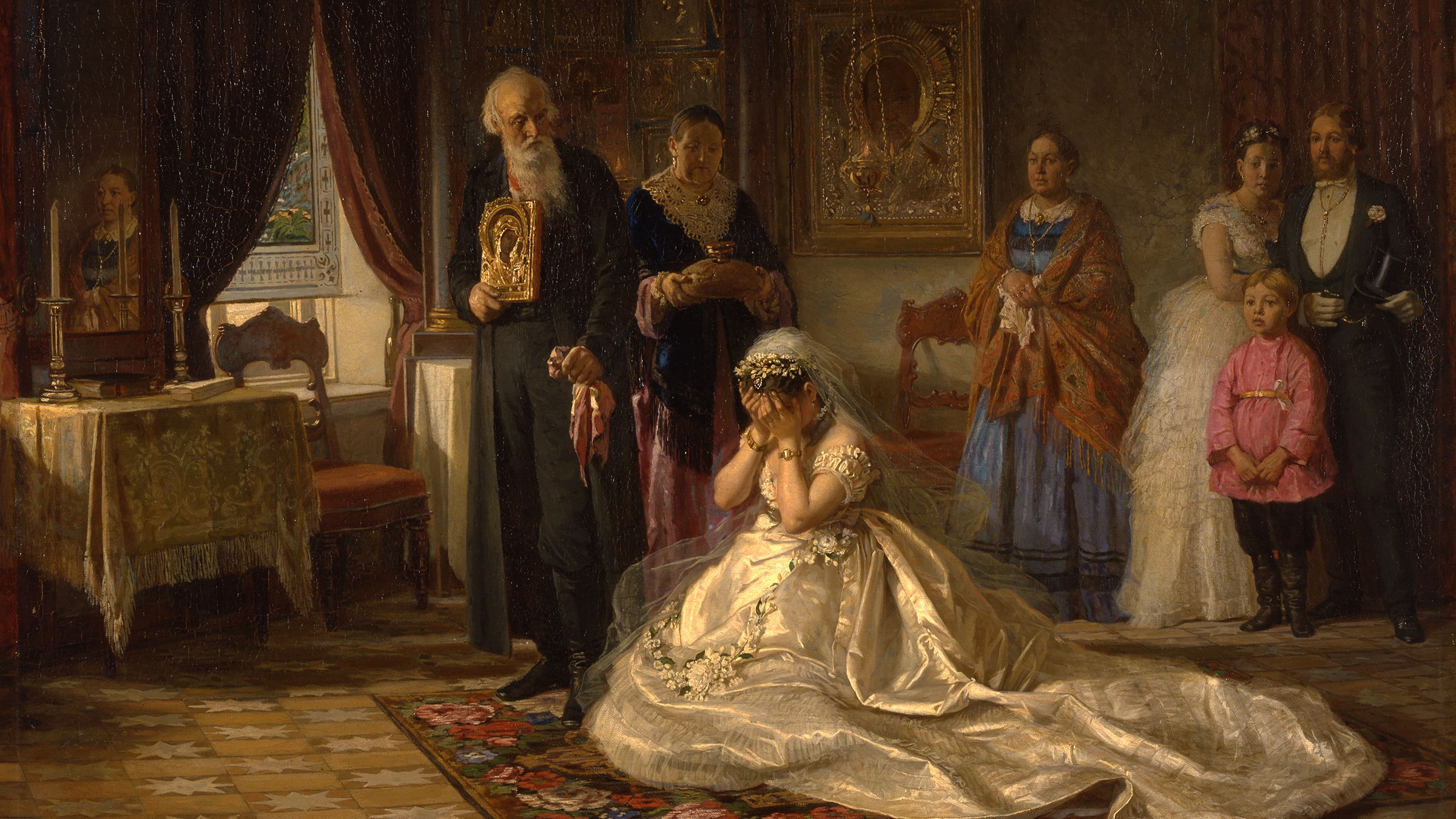
There is an opportunity to return to this time with not only enhanced graphics but also much more politics. There are also a lot of political reforms this can dive into such as the abolition of slavery potentially decreasing your income, but increasing prestige, or political reforms strengthening your government’s power, but increasing civil unrest.
However, the gunpowder/colonization period isn’t as popular an era as Rome or medieval times. Should this be given the greenlight This would also be the first total war game to cover the entire globe including Africa, Asia, and Australia. This was the height of colonization after all.
Now, you get the whole globe to play in.
“Dangerous” New Ideas
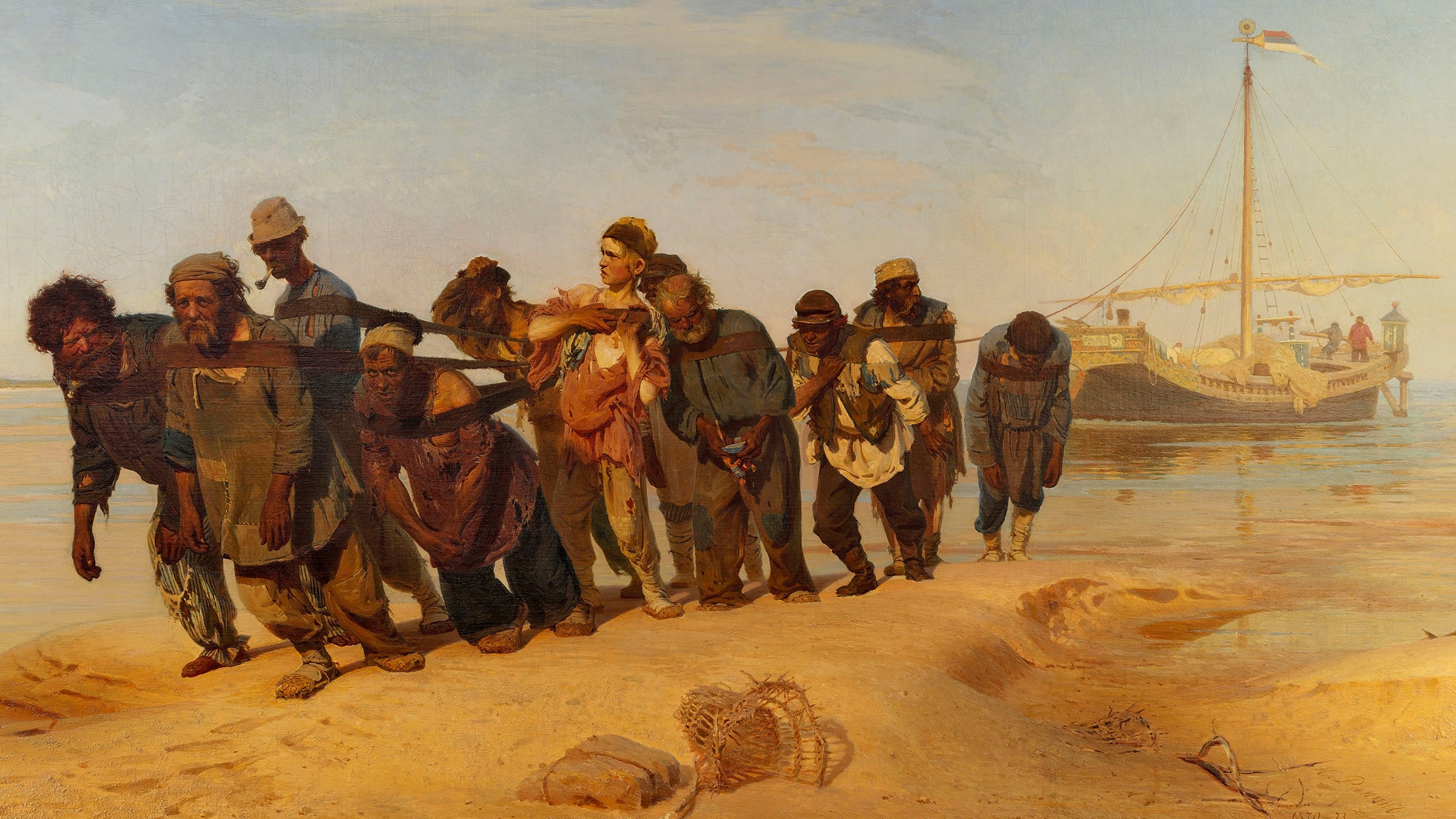
Factionalism in your own government would play a very large part and the situations they face present their own unique challenges. On top of playing Great Britain, you have France which went through several revolutions switching between republic and monarchy. Not to mention Tsarist Russia – the only remaining absolute monarchy, already mired in both social unrest and technological underdevelopment.
The Guns of August
The scope of this era is deliberately aligned with the rapid advancement of arms over the course of the 19th century. From 1830, we start with muskets, cannons, and Napoleonic tactics that eventually evolve into muzzle-loading rifles, repeating carbines, revolvers, and finally the first bolt-action rifles and machine guns in the 1890s. As the rate of fire and accuracy increases, the tactics and doctrines evolve as well – so keeping one’s officer corps well-read and armories well-updated is critical to avoiding a battlefield slaughter.
Countering this is the sheer scope of maintaining your empire. Having the newest gun is nice for an individual soldier in your elite units, but is likely complete overkill outfitting your colonies and combating natives and guerillas in your colonies.
Locomotion

The most effective way to use this on the campaign map is through the use of railways to utilize mankind’s most recent innovation – the steam engine. Creative Assembly tapped into this potential in the Fall of the Samurai DLC where they make use of railroads to quickly ferry large numbers of troops across hundreds of miles. Here you have an opportunity to build the railways over the course of several turns and connect them to your cities and your army camp.

Birth of the “Nation-State”
Furthermore, instead of Germany or Italy, you would be playing one of their individual states like Prussia and Naples. Your goal is to wage war for a United Kingdom/Empire to unify their objective countries. Internal politics are also something to consider in civic reforms especially in democratic factions like America. If, say, your ruling party earns more seats that would mean more income and less time to research.
Campaigns and DLC Opportunities
As the base campaign of the game progresses, things may inevitably march towards an “Age of Empires”-esque race to climb the tech tree to gain domination. However, our tech tree can be capped at any point between 1830s muskets, 1870s needle guns, and 1900s bolt guns to replicate any one of the following campaigns – with map details increased on each region as necessary.
- The American Civil War
- Scramble for Africa (including the Boer Wars)
- The Opium Wars
- Japanese Meiji Restoration (ie: Fall of the Samurai DLC remaster)
- The Crimean War
- The Franco-Prussian War
- The Spanish-American War
- The Boxer Rebellion
Tech Trees
As this era is set through multiple industrial revolutions, keeping up-to-date with your rival factions’ technologies is vital. You will be able to progress down multiple trees independently to dominate different fields of battle – assuming you continue investing into your core industrial capacity to actually make and machine all the steel it requires.
Naval
Naval ships will be mostly locked to 4 major eras, and will require research to advance further.
Sail – Steam – Ironclads – Semi-modern Battleships
Martial Logistics
You will have to choose how your army recruits its footsoldiers through the 3 common means of the era.
Conscription – Mass Mobilization – Compulsory Service
Locomotion / Mobilization
As implied by the addition of railways, how effectively they run will depend on how much you invest in not only the engines but the tracks themselves.
Steel Tracks – Express Lines
Tactics
With the rapid development of arms, your effectiveness with them will depend on how your officer corps researches their modern use. New tactics can only be developed through continuous exercise and war games. Existing tactics can only be gleaned from your allies willing to host your officers to observe.
Line Formations – Small unit formation tactics – Trench Warfare – Artillery Doctrine
Small Arms
The advancement of arms will directly correlate to the lethal output of your units. This is where allies and licensing will be your greatest benefit – a license for a lever-action design may let you shortcut several steps along the way to modernizing your own army at a fraction of the R&D cost.
Rifled muskets – metallic cartridge – Breech loaders – Levers, repeating rifles – Smokeless powder, Bolt action rifles.
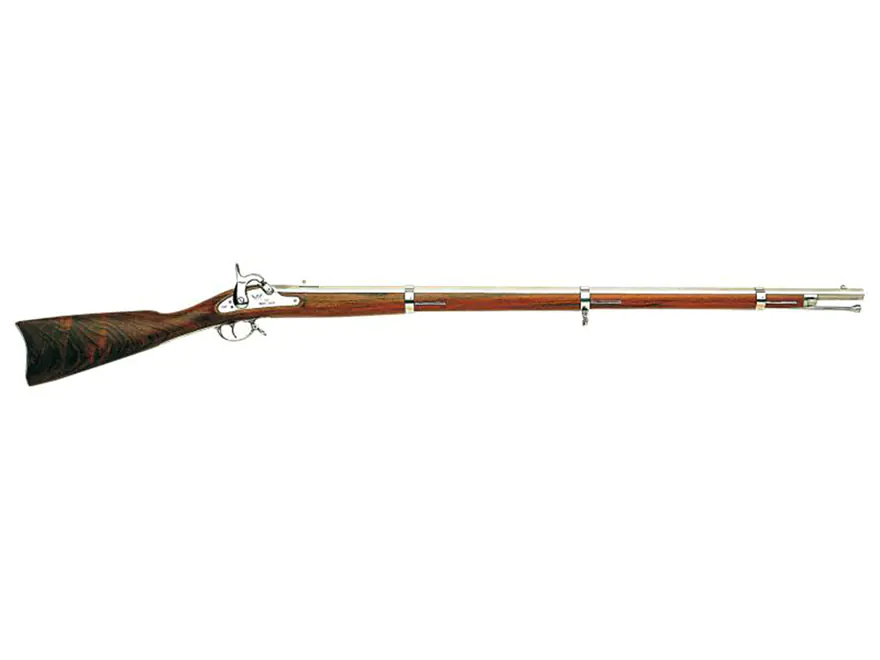

Domestic Developments
There’s also an opportunity for consequences out of political inaction
While monarchies would last well into the 1900s, more and more countries and empires began the process of liberalization. While a revolt/reform won’t result in the death of your control of a nation, it will change how you influence your own country – whether the armies take your command directly or if you need to make a case to an elected parliament or similar electoral college. Whether serving as a true leader of men or an authoritarian dictator, managing your people and constitution will change how you conduct trade, diplomacy, and war.
Most notably, this era brought about the widespread abolition of slavery. Managing how you retain both your domestic economy, social stability, and general economic output will affect how you approach the moral situation as all of your trading partners eventually abandon the immoral practice.
Similarly, the industrial revolution brought with it the origins of the labor reform and unionization movements. Keeping your economy running without care for your populace’s well-being may result in an unwanted worker’s revolt and subsequent rebellion.
Conclusion
There is so much potential to be an incredible total war game set in Victorian times, potentially redeeming Empire Total War’s previous faults. While scope may be the devil of implementation for this title, the payoff for achieving a balanced and scalable RTS during this rapidly evolving time would let us tap into some of the most interesting conflicts of the late colonial era.
